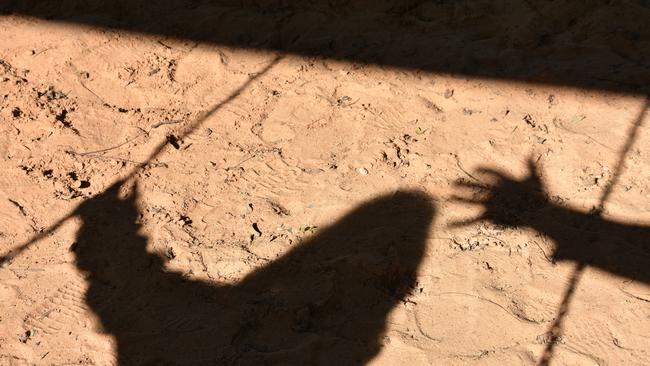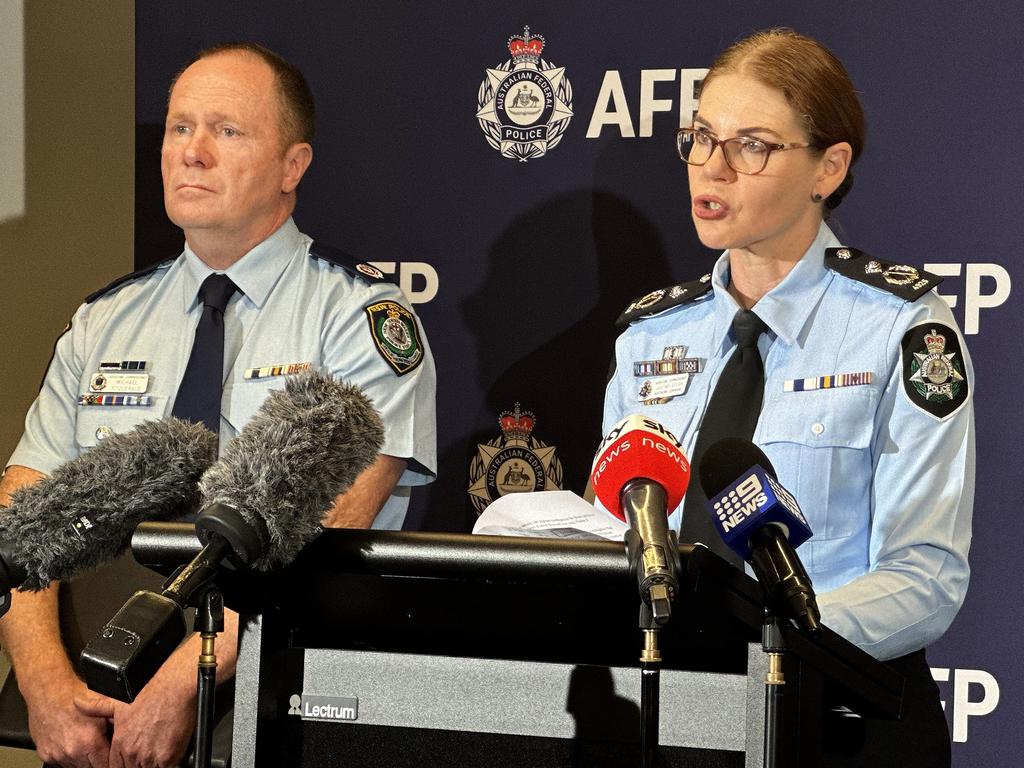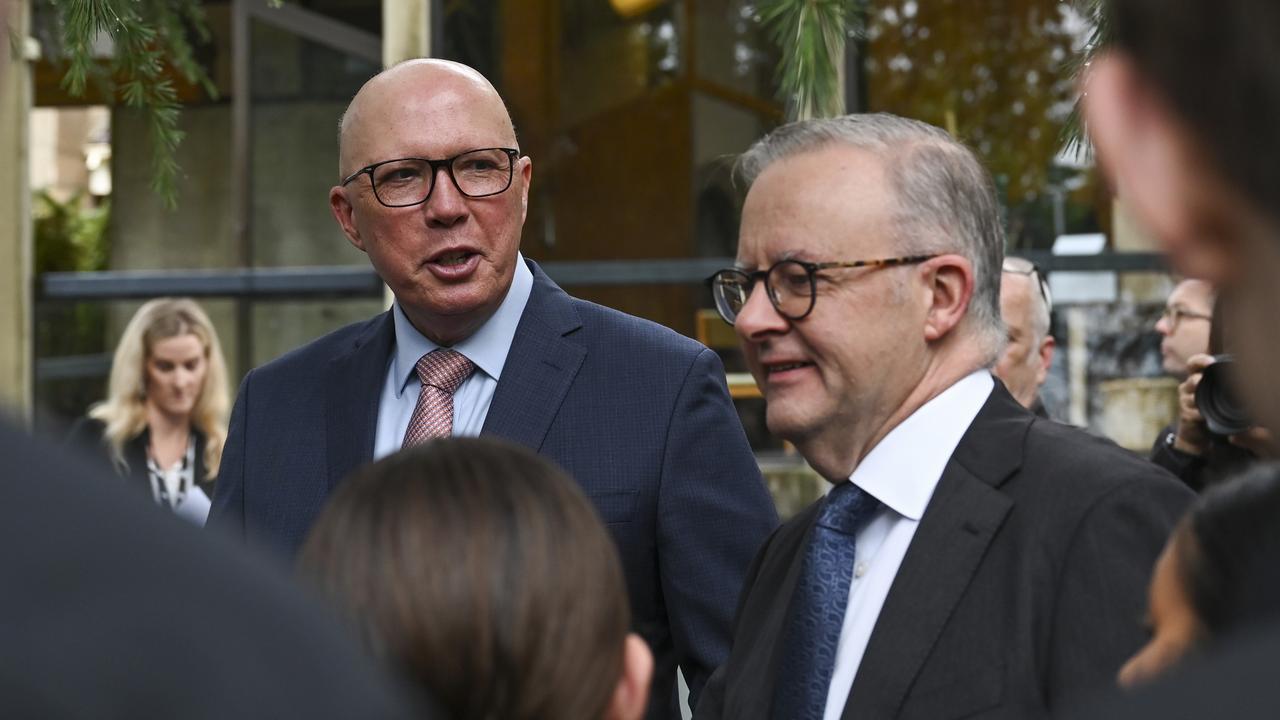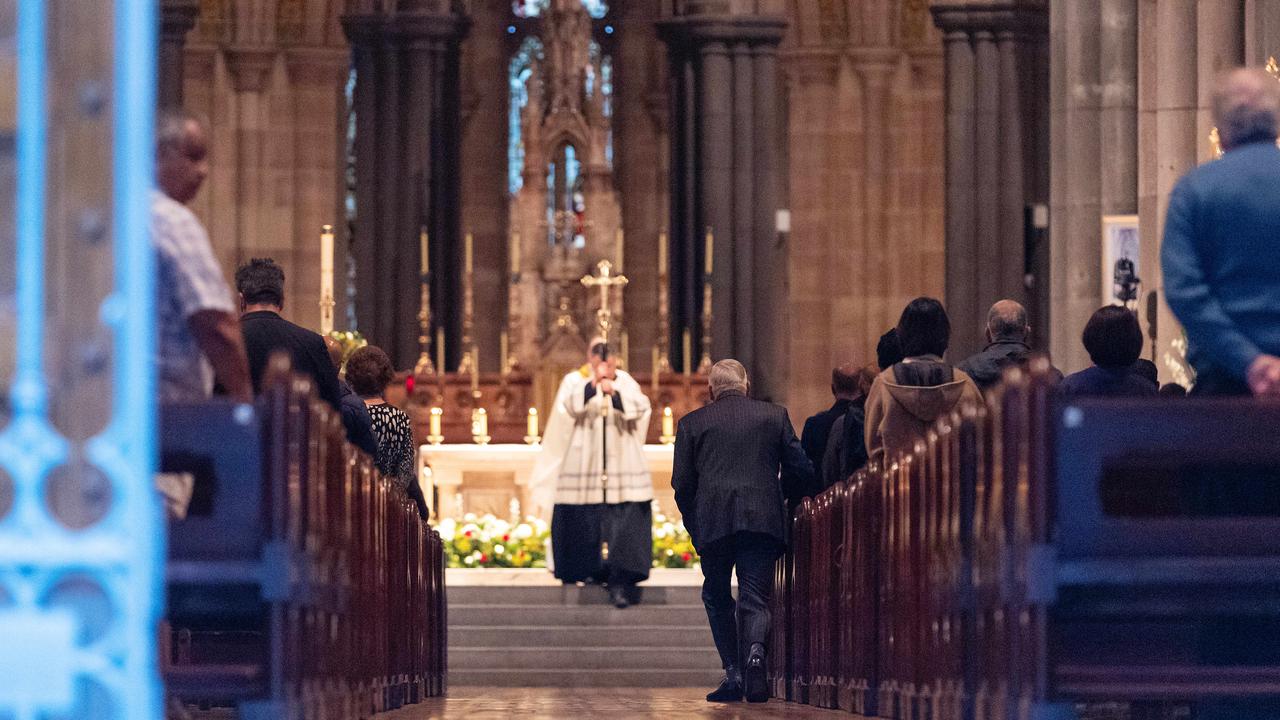
A former childcare worker has been charged with more than 1600 child abuse offences, including penetrative rape – against 91 young girls at childcare centres.
The 45-year-old man who cannot be named was mentioned in Queensland earlier this week. A trial date has yet to be set.
What is alleged is incomprehensible.
Pedophiles are not bound by stereotypes, the cartoon images of dirty old men in trench coats offering bags of lollies does not hold.
We only get a sense of their profiles when they appear before courts. They are teachers, civil servants, small business owners, clerics, even police officers. They are young, middle aged and old.
The crime sometimes finds expression in familial relationships. Data is clouded in this context, offending often goes unreported, offenders protected in the family environment.
As we learnt in the Royal Commission into Institutional Responses to Child Sexual Abuse, pedophilia can manifest itself in schools, sporting clubs, religious organisations and social groups.
I spoke to an AFP officer who had conducted raids on properties where child sexual exploitation material had been stored on computers and phones in offenders’ homes.
When the front door was answered, the replies from offenders, more often than not, were, “I’ve been expecting you.”
I’m rarely shocked by criminal behaviour but this was stunning. Here is a group of people, almost always men, who commit serious offences, promote and trade in the appalling sexualised torture of infants who fully expect to be arrested and subject to the opprobrium of family, friends and community, not to mention the prospect of jail sentences. Knowing all of that, they offend anyway.
The current holder of the title of Australia’s worst child sex offender by weight of convictions, Gerald Ridsdale, a former priest in the Ballarat diocese, was sentenced last week.
Back in June he pleaded guilty as he always has, to one count of indecent assault of a minor, making it his 92nd conviction for child sex offences with a total of 72 known victims. The real count would be many more. Alas, his guilty pleas never extended to confessing to the crimes he’s committed that, for one reason or another, have gone unreported.
Ridsdale had one year added to his 36-year sentence for the sexual assault of a then 13-year-old boy in Horsham between 1987 and 1988.
Ridsdale, 89, was not present in court but appeared by video link from a bed in St John’s, a hospital unit in Victoria’s Port Phillip Prison. Magistrate Hugh Radford said Ridsdale was “in chronic pain, had atrophying muscles, weakness of limbs, and was likely to go into palliative care.”
Ridsdale has been ill for many years but so far has avoided death’s cold embrace. It would seem the good Lord is not in any rush to see him.
Prior to sentencing, the victim’s impact statement was read into court. It spoke of the enduring psychological and developmental harm child sexual assault victims experience. For this man and for so many other victims, it is a life sentence of trauma. Victims often exhibit difficulties in maintaining relationships, reckless behaviour, suicide ideation, drug and alcohol dependency.
Denis Ryan, the Victorian Police detective who sought to charge a Mildura priest, John Day and lost his job over it, due to a conspiracy between the police force and the Ballarat diocese to cover up the offending of priests in western Victoria, maintains to this day that child sexual assaults should be regarded as the worst crimes that can be committed.
When we were writing the book that exposed the conspiracy, Unholy Trinity, we would often pause to discuss the consequences of pedophilia. Denis argued that child sexual assaults were worse than murder. I disagreed but Denis, who has had more contact with victims than most people, stuck to his view. Ultimately, it was a philosophical argument that has no answer.
In researching the book, I interviewed one of Day’s victims, a man then in his dotage who recounted the profound abuse he suffered at the age of 11. He told me that as he grew older the nightmares became worse, more frequent, more vivid, more terrifying.
I sat in the Wood Royal Commission, a state inquiry into police corruption in New South Wales. The Commission had been extended to investigate corrupt relationships between police and a network of pedophiles, including the notorious Dolly Dunn.
A convicted pedophile gave evidence at the inquiry and his story has stayed with me since. He had no tale to tell of paying off coppers. He was simply there to say that as a society, we deal only with the abuse as it happens and have no means or motivation to prevent these awful crimes.
He underwent therapy while in prison, a stint of little more than two years where he believed he was developing impulse control and tuning his sexual attractions to people of his own age. But his sentence ended, and the therapy concluded with it. He moved to Melbourne and quickly returned to his old behaviours, preying on boys at amusement arcades. Lacking impulse control, he knew he would offend again.
He felt there was no one to turn to. Finally, he felt compelled to contact police and told them he was going to offend again.
The response from the police was, “Give us a call when you do.”
That might seem heartless, evenly grossly negligent but police are not in the business of investigating crimes before they happen.
There is no preventative element, no attempts at early intervention. And victims, the people that should have our support and protection, are left bereft.
Even after five harrowing years of a Royal Commission, victims of child sexual abuse have no legal representation in courts. They are treated as witnesses and often subject to gruelling and humiliating cross examination.
Pedophilia is a paraphilic disorder as defined by the Diagnostic and Statistical Manual Disorders, the Bible of psychiatric diagnosis. Medications may be effective but even if subject to chemical castration, determined offenders continue their lurid practices.
Our laws must stop concealing the identity of those charged with sexual offences against children. Courts should be prohibited from suppressing the identities of those charged with offences to protect their reputations. A national child sex offenders’ register needs to be created where state and territory jurisdictional dysfunction is cleared away.
Jail sentences, frankly, are almost always not long enough. I can’t tell you how many times I have followed cases where men who have been caught red-handed with child pornography in their possession end up with non-custodial sentences.
We have to get better at this.
Children, young adults and parents can contact the Kids Helpline on 1800 55 1800; adult survivors can seek help at Blue Knot Foundation on 1300 657 380.







The nation is on the verge of a great trauma.